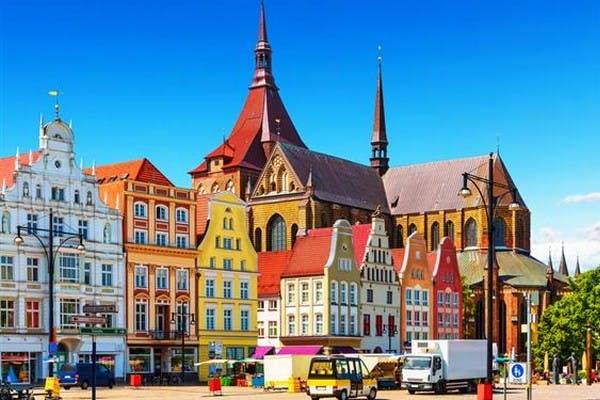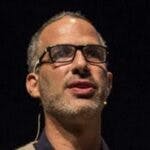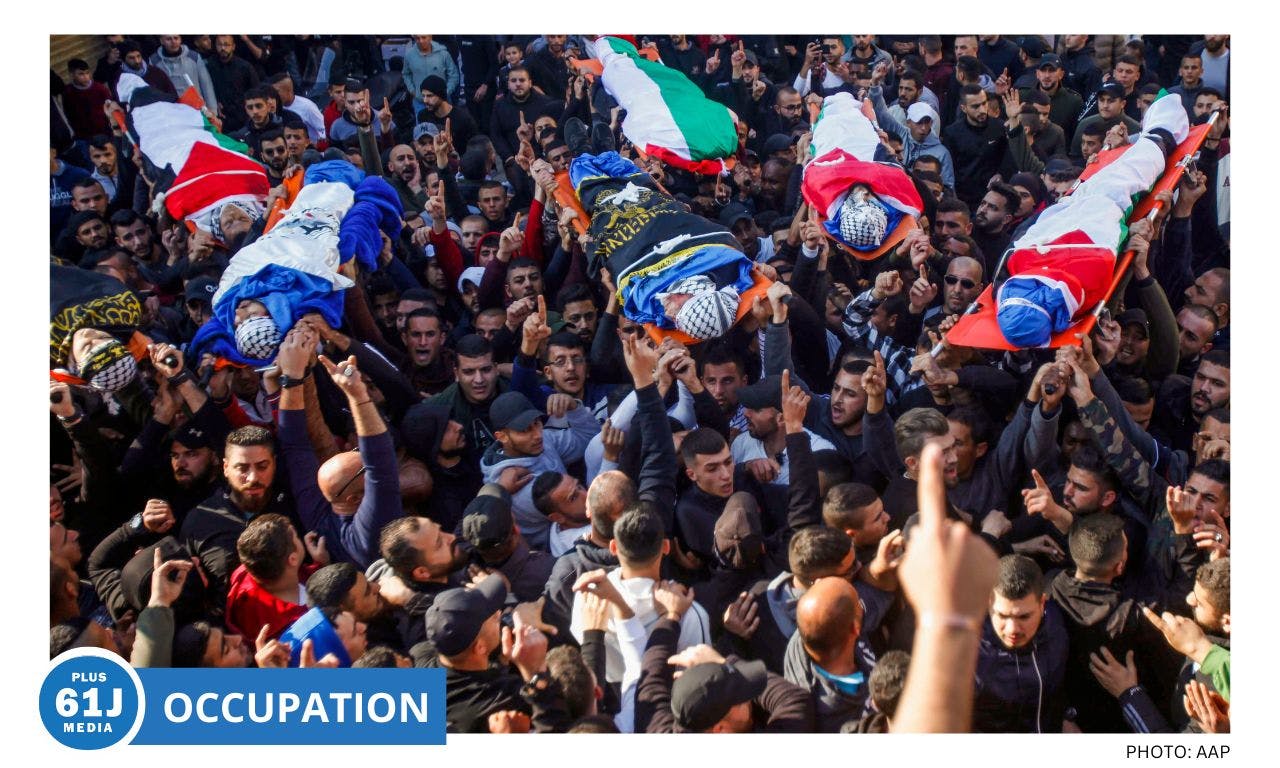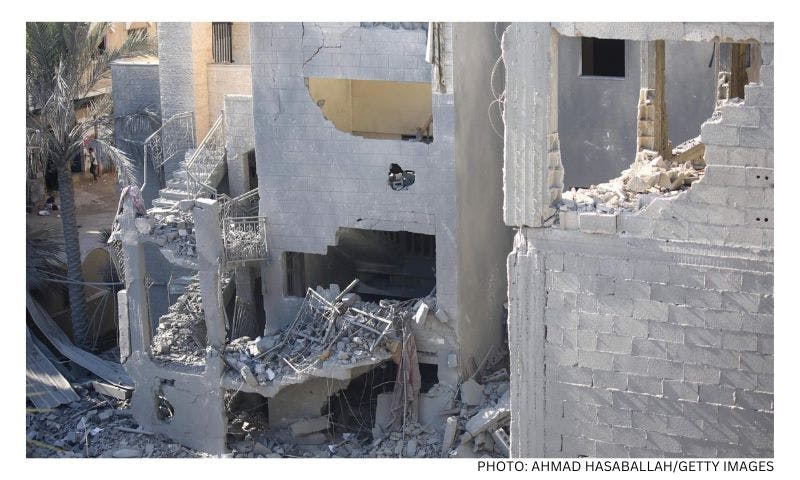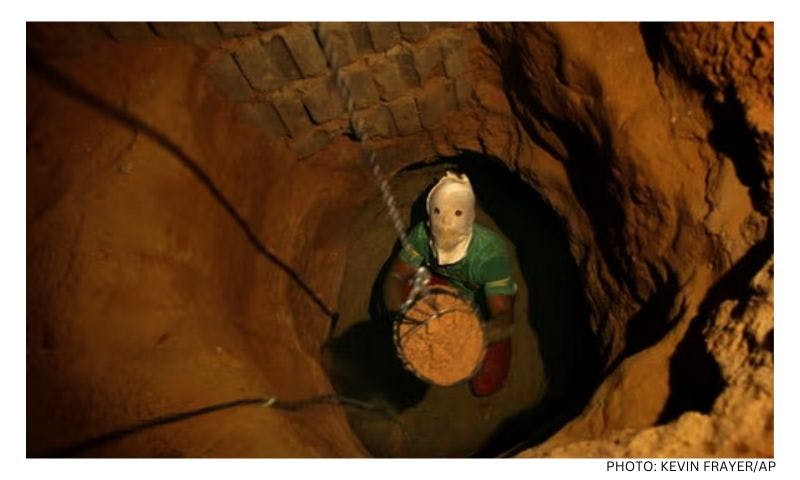Published: 12 August 2019
Last updated: 4 March 2024
I see my two friends as symbolising my two sides – Jewish and Arab/Kurdish. Serhat looks like me: darkish, not a lot of hair on his head, brown eyes and a sensitive twist around his lips. We became friends after meeting through our German wives. His mother emigrated from the Kurdish (eastern) side of Turkey. He grew up in Germany, is a German citizen, speaks perfect German with no accent and has a very good, high paying job. Yet his fear of people in the country has always been with him.
For a long time I didn’t realise he was a victim of racism. It was, for instance, always difficult for him to rent an apartment; real estate agents would refuse him once they’d heard his name. So last month I invited Serhat to come with my family and me to the summer house – a big estate in the countryside of Mecklenburg, in the north of Germany.
He quickly said no and explained his fear of meeting members of the AFD. I did my best to change his mind, telling him I had been going there for the past six years. But he was terrified of being assaulted and wouldn’t change his mind.
The next day I met my good friend, Amir, an Israeli who now lives in Germany. He has three kids and we talked about our holiday plans. Amir is an artist. His father, a Holocaust survivor, was a famous artist. I tell him about the country house and he also talks about the far-right supporters of the AFD and says he would rather not go. Amir is an Israeli guy from Ashkenazi roots, so of course he has post-Holocaust sensitivities and fears, I say to myself. I ask Amir, would it be any different if he went somewhere on the outskirts of Berlin and met these far right extremists there? He answers that he feels safer in Berlin.
My Jewish and the Kurdish friends are totally different from each other, yet they tell me the same thing - much of Germany feels inaccessible to them. Serhat is of the generation of the “Kanak Attack” from the ‘90s, during the first years of united Germany, when there was overt racism and the burning refugee houses.
In those years, decent Germans felt they needed to unite against the racism in Germany’s public discourse as well as in the gaps between poor and rich. They helped different immigrant populations in Germany to fight back through art, actions and the written word.
For years both the Turks and the Kurds didn’t have proper civil rights, including the right to vote or the right to dual citizenship. Eventually, Turkish-Germans were given the vote. But soon after a new generation of racists appeared.
Amir has not experienced anti-Semitism in Germany. Instead, he has a heavy Jewish memory on his shoulders. This experience of the generation before him keeps him from travelling outside Berlin. Last year, after the largest-ever survey of Jewish views on anti-Semitism questioned more than 16,000 Jews in 12 European countries, the EU Fundamental Rights Agency said anti-Semitic hate speech, harassment, as well as fear of being recognised as Jewish, were becoming the new norm in Europe.
The survey found that 90 per cent of respondents felt anti-Semitism was growing in their country, and that 30 per cent had been harassed. Over a third avoided going to Jewish events or sites because of safety fears. Amir’s fears turned out to be not far from the European Jewish reality.
But what does it say about the return of Jews to Berlin and Germany? Should we stop moving around this country? Avoid the countryside? Are the far right in the countryside the only ones profiting from this fear? If we give way to racism here, we give way to racism everywhere.
Photo: centre of Mecklenburg, Germany
